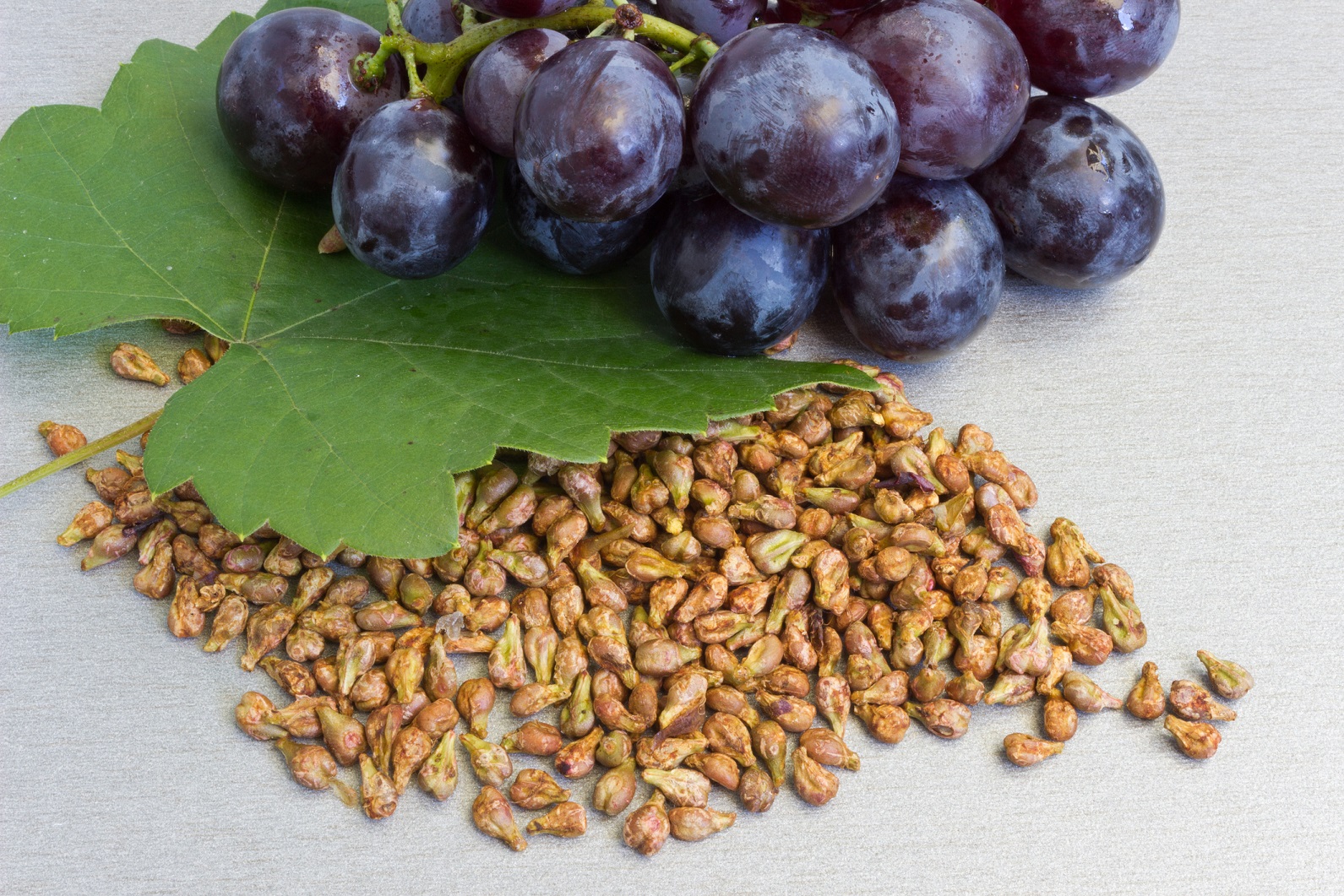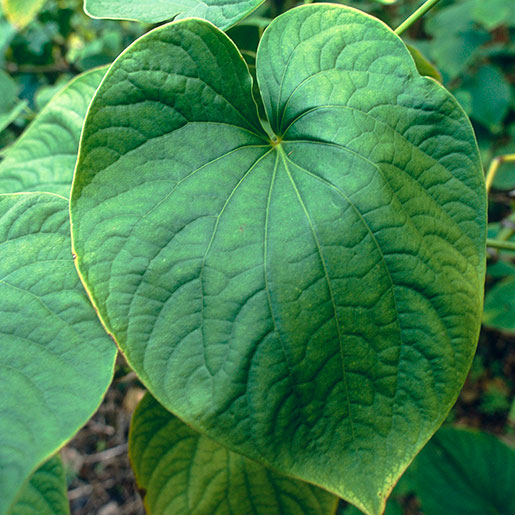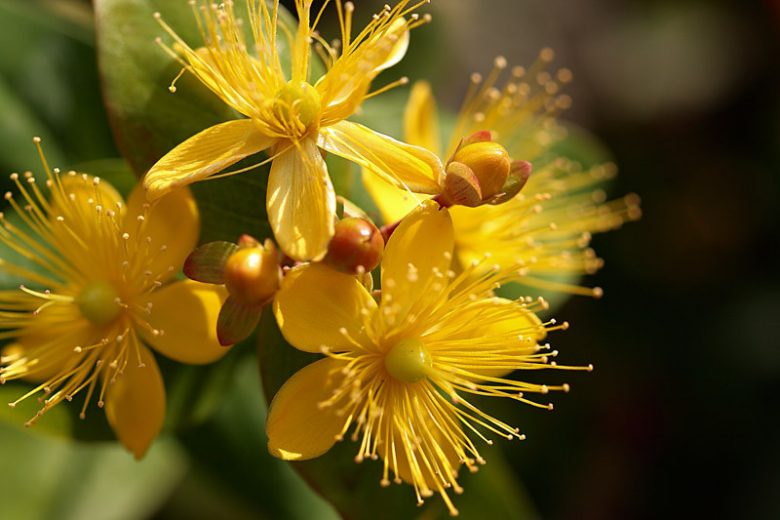Effective Treatment Solutions for Hyperactivity Disorder in Traditional Medicine

- Saffron

Positive outcomes of saffron consumption in traditional
medicine, such as its properties akin to Ritalin, have been reported, which
include antidepressant effects and memory enhancement.
Although the positive effects of saffron are not hidden from
anyone, numerous research studies have been conducted to prove its benefits. It
has been shown that saffron consumption is not only beneficial but also lacks
the side effects associated with chemical drugs, such as nausea, stomach pain,
loss of appetite, etc.
- Consumption of Chicken
Considering the observed imbalance of serotonin hormone in hyperactive children, consuming chicken, which is rich in the amino acid tryptophan, can help alleviate their behavioral symptoms.
- Catnip Plant
:max_bytes(150000):strip_icc()/how-to-grow-catnip-plants-2132328-hero-1eb0d9eb7207442fb104eb783a695ced.jpg)
If a hyperactive child experiences stress and anxiety,
trying the consumption of this plant is recommended. Although this plant was
previously used mainly as a herbal tea or infusion to alleviate headaches and
stomach pain, it is now considered one of the home remedies for reducing
symptoms of hyperactivity.
- Pine Bark Extract

The herbal extract of
pine bark helps reduce symptoms and behaviors associated with hyperactivity,
especially lack of concentration. Additionally, if a person is experiencing
stress, trying this extract can provide enjoyable effects.
- Chamomile
.jpg)
The use of chamomile is
highly recommended for hyperactive children due to its calming properties and
stress-reducing effects. Giving chamomile to a hyperactive child in the form of
tea or infusion can positively affect their mood, temperament, and
concentration.
- Grape Seeds

Grape seeds have many
benefits, including protecting the brain against damage from free radicals and
toxins, increasing blood flow velocity, and strengthening blood vessels.
Research also indicates its positive effects on hyperactivity in children, and
it can be given to them in the form of tea, grape seed oil in cooking, or fresh
grapes.
- Gotu Kola or Pennywort

The consumption of Gotu
Kola is highly recommended due to its positive effects on reducing stress and
improving mental well-being. It is often recommended because of the abundance
of minerals found in this plant, resulting in better brain function. When used
in cooking, Gotu Kola can also exhibit positive therapeutic effects.
- Bacopa Monnieri Herbal Remedy

The positive effects of
this herbal remedy include improving cognitive abilities and brain function,
often accompanied by an increase in new knowledge acquisition. These reasons
have led to the promotion of this herbal remedy as a treatment method for
controlling hyperactivity. A syrup can be made from it, but it should be noted
that only the age group of 6-8 years old can consume it daily.
- Valeriana officinalis

Another herbal remedy for
hyperactivity is preparing a decoction from the powdered root of the Valerian
plant. This can lead to increased learning abilities and reduced restlessness
and aggressive behavior in hyperactive children. It can be consumed as a
decoction or tea to control symptoms of hyperactivity.
- Flaxseed

Omega-3 fatty acid
deficiency is another nutritional deficiency that has been identified as
exacerbating symptoms of hyperactivity. Among the sources of this fatty acid is
flaxseed, which can be consumed raw or as its oil in daily diet, resulting in a
reduction in symptoms of this disorder.
- Korean Red Ginseng

Korean Red Ginseng is
known for its positive effects such as enhancing memory, increasing energy
levels, improving brain function, and reducing symptoms of hyperactivity.
Moreover, with continuous consumption, it can also enhance concentration and
focus. It is essential to seek the advice of a healthcare professional before
using this herb.
- Lemon Balm

Lemon balm, with its
calming properties, pain relief, reduced excitability, and alleviation of
depressive symptoms, is one of the most important plants known to be effective
against hyperactivity. It can be consumed as a daily infusion, 2 to 3 times a
day, and positive changes can be observed.
- Kava Plant

One of the effects of
consuming the kava plant is said to be the improvement of one's mood to the
extent that it reduces stress. To alleviate symptoms of hyperactivity, it can
be consumed as an herbal infusion containing powdered plant material or by
placing it in the mouth and chewing it.
- Hypericum perforatum (St. John's Wort)

One of the primary
characteristics of hyperactive children is the lack of sufficient attention and
concentration. To improve this condition, the consumption of St. John's Wort is
recommended. Additionally, it has been suggested that it reduces negative
emotions such as indifference, guilt, and isolation. Traditional medicine
practitioners recommend that hyperactive children consume St. John's Wort
orally, 1 to 3 times a day, for a duration of 8 weeks.
- Avena Sativa (Oats)
:max_bytes(150000):strip_icc()/Oats-bffa1f6aee254c11af1821cb2ab992ce.jpg)
Avena sativa is described
as one of the important home remedies for hyperactivity due to its properties
such as increasing focus, improving mental calmness, enhancing cognitive
function, and reducing stress.
Nutritional Supplements
and Hyperactivity Symptoms
As we know, diet plays a
significant role in the mood and behavior of children, especially those
affected by hyperactivity. It has been shown that when a child receives proper
nutrition, their behavioral symptoms decrease. Therefore, here are some of the
nutritional supplements effective in addressing the symptoms of this disorder.
- **Fatty Acids:**
One common nutritional
deficiency in hyperactive children is the lack of sufficient levels of fatty
acids such as omega-3 and omega-6, which can also lead to increased thirst.
Consuming sources of omega-3 like sesame seeds, pumpkin seeds (for omega-3),
and free-range fish and safflower oil (for omega-6) can help address this
deficiency.
- **Vitamin B6:**
Vitamin B6 acts as a
cofactor for many enzymes and influences the metabolic pathways of amino acids.
Therefore, maintaining adequate levels of vitamin B6 can reduce symptoms of
disorders, including hyperactivity. Additionally, this vitamin promotes better
function in these children by increasing serotonin levels.
- **Iron:**
A decrease in iron levels
in the blood of hyperactive children can lead to decreased attention and focus.
It has been suggested that timely intake of iron-containing supplements results
in better behavior.
- **Magnesium:**
Given that magnesium
deficiency is common in hyperactive children, receiving nutritional supplements
containing magnesium can reduce many of these symptoms.
- **Zinc:**
Another nutritional
deficiency in hyperactive children is a lack of zinc intake and absorption,
which, when supplemented, can lead to improvement in symptoms of this disorder.
Inappropriate Foods for
Hyperactive Children
- **Reduced Sugar and
Similar Foods:**
It's better to reduce
sugar and similar processed foods like cakes, pastries, chocolates, and
industrial fruit juices in the diet of hyperactive children to prevent an
increase in symptoms and behaviors associated with them.
- **Artificial Colorings
in Packaged Foods:**
Packaged foods containing
artificial colors are considered harmful for hyperactivity disorder. These
include items like fruit compotes, sauces, chewing gums, and lemonades.
-
**Preservative-Containing Foods:**
Foods such as jams, fruit
juices, pickles, etc., containing preservatives (such as benzoic acid) can
exacerbate symptoms of hyperactivity and should be kept away from hyperactive
children.
- **Carbonated Soft
Drinks:**
The consumption of
carbonated soft drinks disrupts the calcium-phosphorus balance in a child's
body, leading to the aggravation of behavioral symptoms of hyperactivity.
- **Caffeine-Containing
Beverages:**
Hyperactive children tend
to show fewer behavioral symptoms when consuming fewer caffeine-containing
beverages like tea and coffee.
- **Antibiotics:**
It's advisable to limit
the excessive use of antibiotics by hyperactive children as they disrupt the
balance of beneficial bacteria in the body, leading to the exacerbation of
hyperactive behaviors.
Novel Treatment Approaches for Hyperactivity with Acupuncture
 |
Acupuncture experts
believe that there are numerous acupuncture points that can be utilized to
control specific behaviors in hyperactive children and alleviate their
symptoms.
However, it's important
to note that not all children exhibit similar behaviors, and therefore, a
personalized approach is adopted for each child based on their individual
circumstances.
Typically, children may
not show much inclination towards this method due to fear of needles. However,
if used, it not only alleviates pain but also has numerous positive effects.
This is because the brain returns to its natural state, and the child exhibits
fewer symptoms of this disorder. To observe definitive results, it's necessary to
repeat this method regularly to achieve emotional and physical balance.

